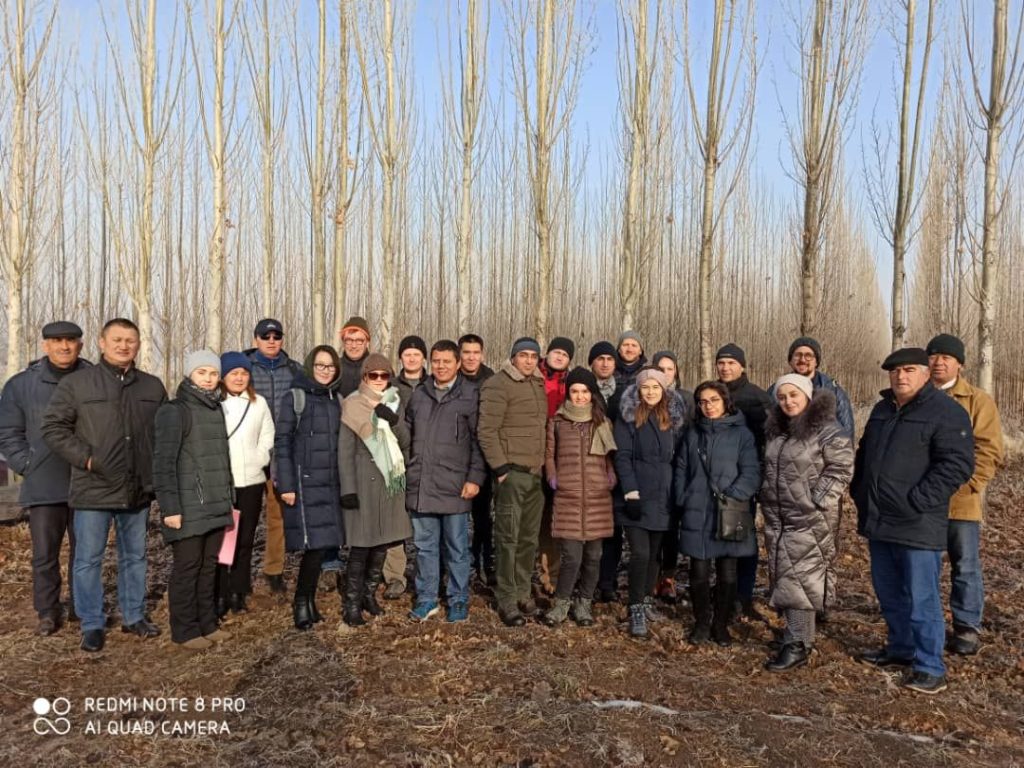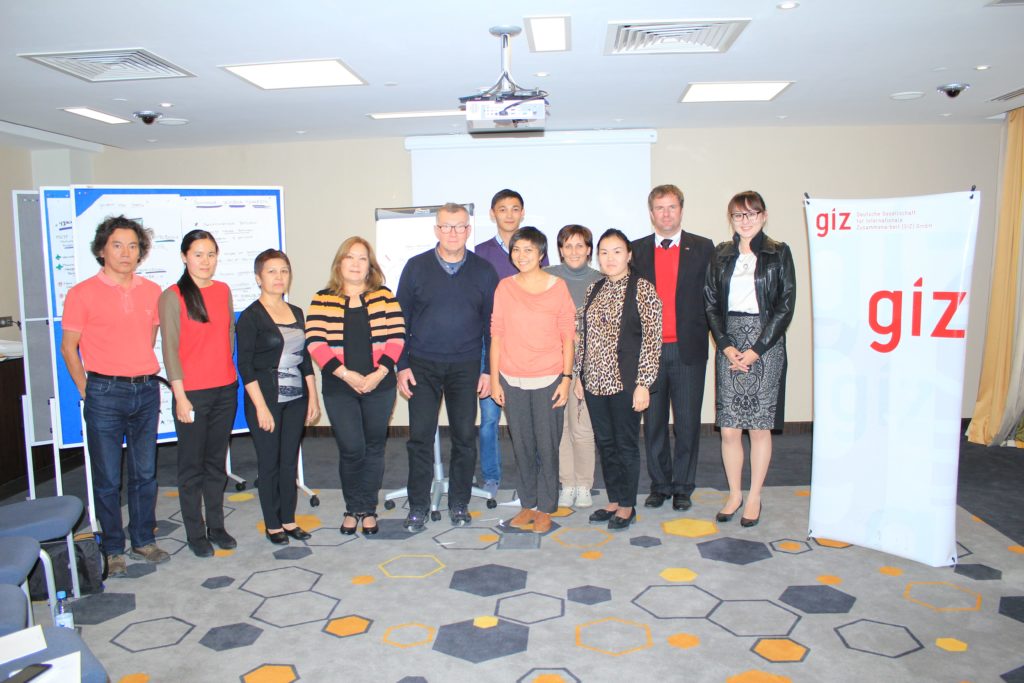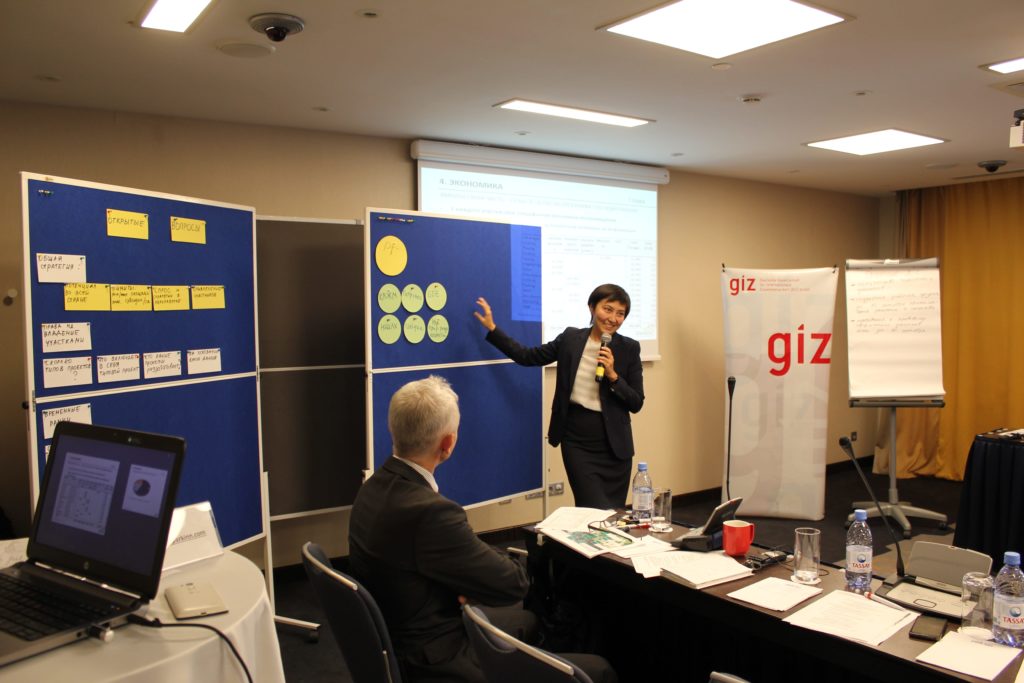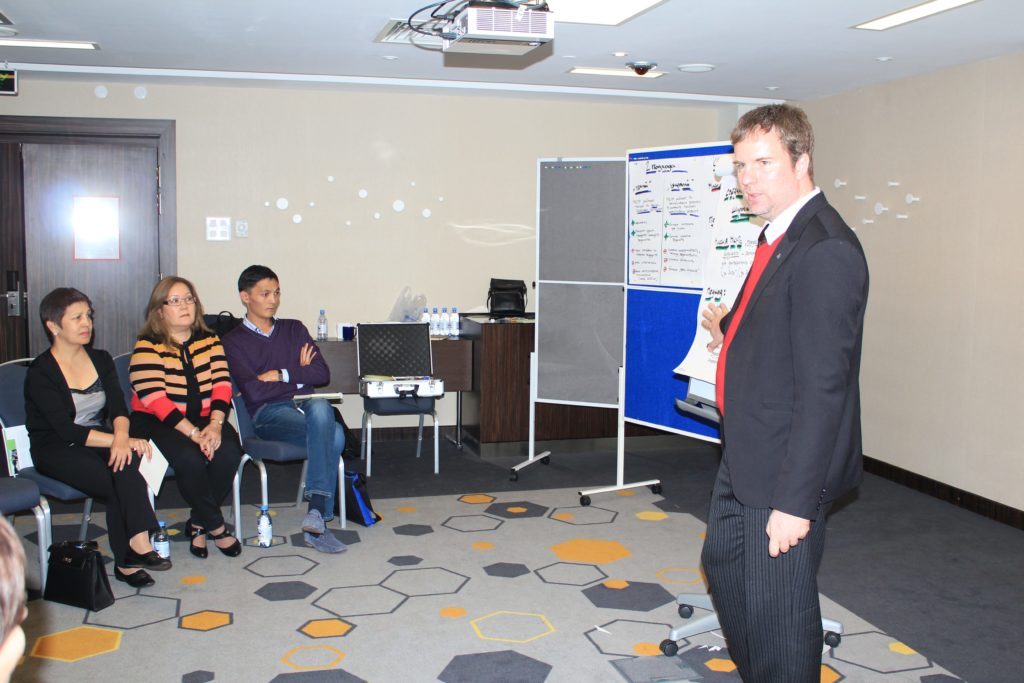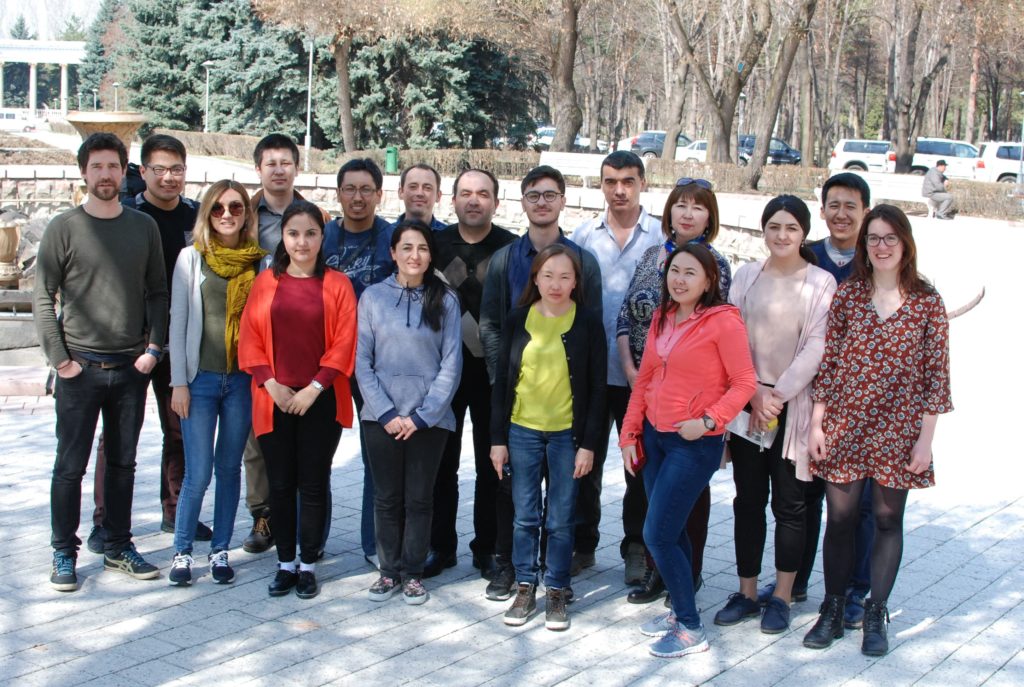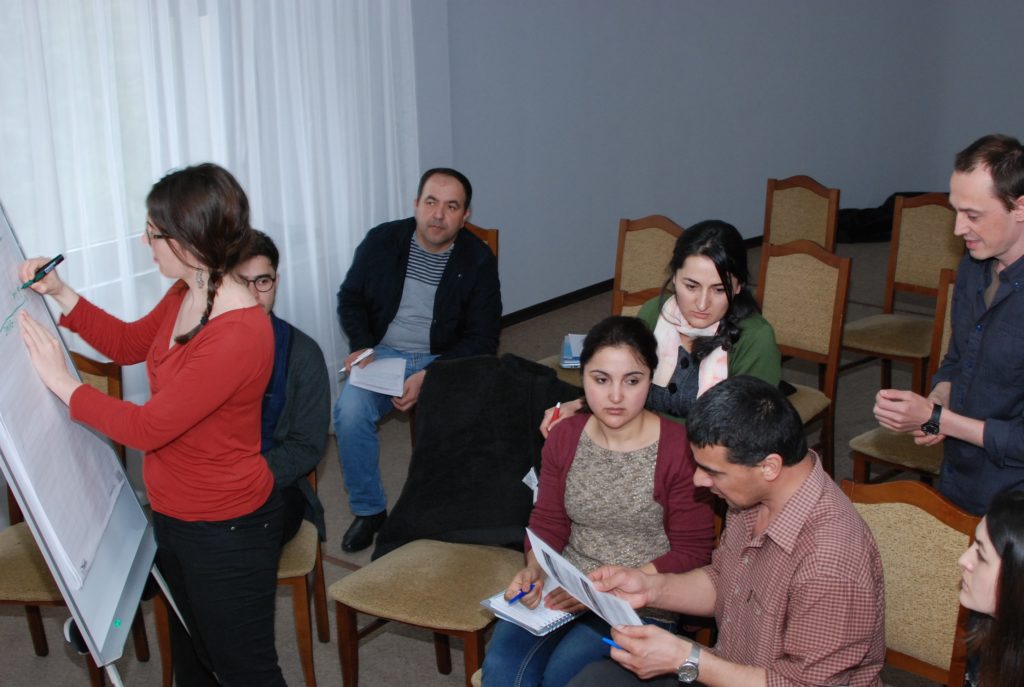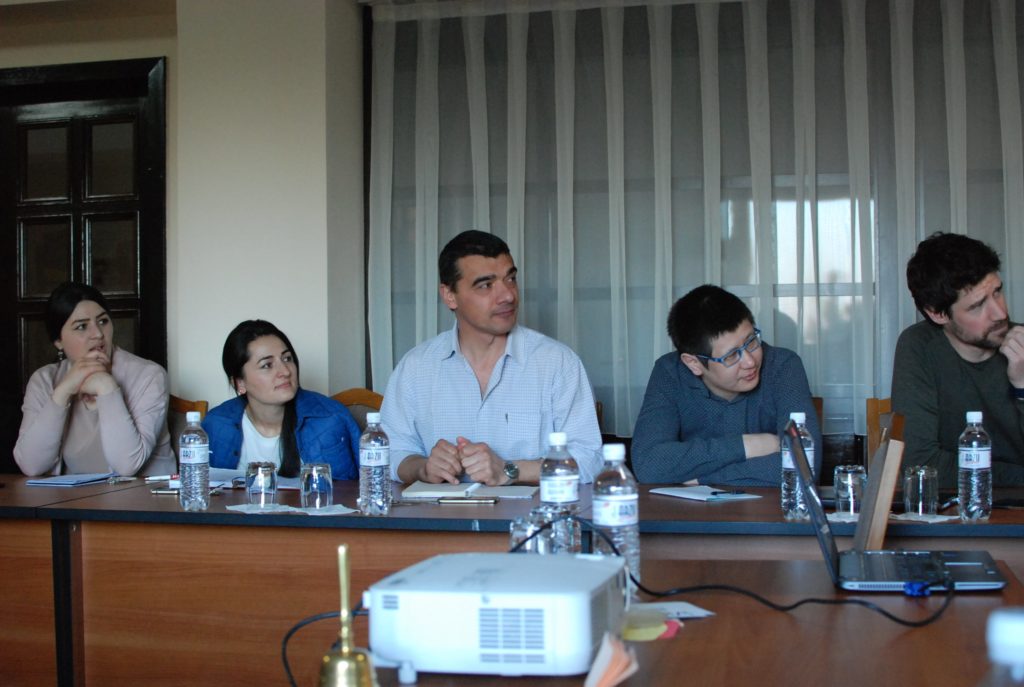According to the classification of the Food and Agriculture Organization of the United Nations (FAO), all Central Asian countries have little forest land. Moreover, the existing forests are mostly degraded or undergoing intensive felling. Deforestation affects the living conditions of people and wildlife and threatens the stability and equilibrium of the region’s ecosystem. Thus, the integrated protection, conservation and sustainable use of forest resources is crucial, especially in the context of climate change.
We strive to support our government and local partners in all five countries of Central Asia in amending laws and regulations, and reforming relevant government agencies and other organizations of the forestry sector. Our work is based on the principles of sustainable development aimed at environmental stability and long-term socially equitable economic benefits.
Our experts help test new management approaches at the local level, and to scale up the results at the national level. The best practical experience is available for representatives of administrative bodies and state institutions as part of regional knowledge exchange. New sustainable forest management methods that take into account local needs are developed jointly with the population and local authorities. At the national level, we assist partner ministries in adapting new methods and support the related reforms.
Through advisory support to the Committee on Forestry and Wildlife of the Ministry of Agriculture, we contribute to efforts to develop mechanisms for state support of private afforestation.
The Program experts developed recommendations on managing private forest resources based on the key elements of the government program to support private afforestation, as well as on large-scale afforestation in Kazakhstan.
The effectiveness of the government program to support afforestation is ensured by:
- a clear system for the introduction of support mechanisms, formalized as part of the sectoral afforestation strategy;
- a clear definition of the roles of all stakeholders;
- guarantee of land title.
An additional important factor is the availability of technical competencies and knowledge among private investors and technical personnel necessary for decision-making and afforestation management.
A state afforestation strategy should be adopted in order to make strategic decisions in the sector and attract private investment. The strategy should be based on reliable and relevant data on available resources, such as data on the land available for afforestation, markets and existing forest resources. Program experts will support the collection and analysis of information for a long-term vision for the development of the private forest sector and large-scale afforestation in Kazakhstan.
In addition to meeting the demand for timber, large-scale private afforestation will increase the country’s forest cover and achieve targets for reducing greenhouse gas emissions. This can be used to attract international climate finance, which can give an initial impetus to large-scale afforestation measures.
These mechanisms are designed to stimulate investment in afforestation to create a private forest fund in the country. Six pilot plots were allocated for fast-growing tree species in Akmola, Almaty and Zhambyl regions. The technical data collected from these plots will serve as the basis for developing mechanisms f
